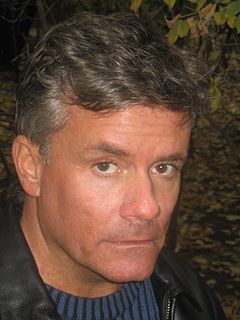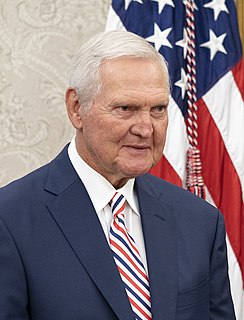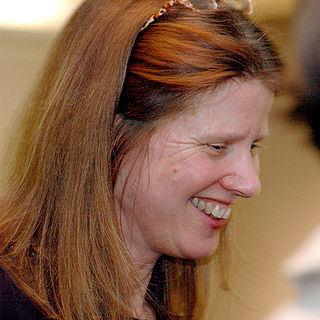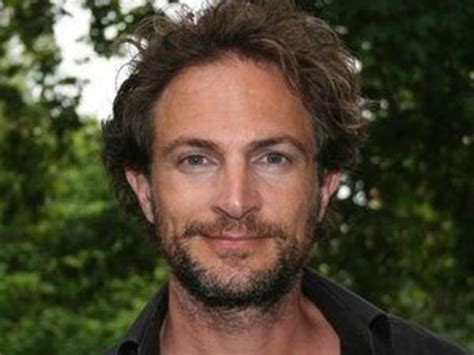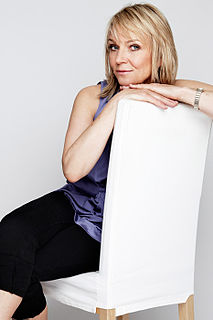A Quote by Jojo Moyes
I started writing novels by not thinking about actually writing a whole novel - that felt altogether too daunting. I thought out a rough idea, then wrote chapter by chapter, and then by the time I'd hit 40,000 words, it was a challenge just to see if I could get to the end.
Related Quotes
My writing derived from the conviction I conceived during my college years: one should lead one's life as if one were the protagonist of an epic novel, with the outcome predetermined and chapter after chapter of edifying, traumatic, and exhilarating events to be suffered through. Since the end is known in advance, one must try to experience as much as possible in the brief time allotted. Writing is a way of ensuring that you pay enough attention along the way to understand what you see.
After I quit being a lawyer in '95, I was having a lot of trouble writing. Then I read somewhere that Willa Cather read a chapter of the Bible every day before she started work. I thought, 'Okay, I'll try it.' Before each writing session, I started to read the Bible like a writer, thinking about language, character, and themes.
I do not begin my novel at the beginning, I do not reach chapter three before I reach chapter four, I do not go dutifully from one page to the next, in consecutive order; no, I pick out a bit here and a bit there, till I have filled all the gaps on paper. This is why I like writing my stories and novels on index cards, numbering them later when the whole set is complete. Every card is rewritten many times.
I remember when I was in graduate school and someone in workshop would say, 'I'm going to bring in a chapter of my novel.' The thought that someone could think they'd write a whole long thing... I could only see twelve pages ahead. But then I realized that if you could see twelve more after that, you can start.
I had read [Charles] Dickens's novels were often published serially. I thought it would be fun to write a book, just sitting down and writing a chapter every day, not knowing what would happen next. So that's how I wrote the first draft. And then of course I had to go back and make sure everything worked and change things.
And if I really can see the future, then what does it mean? Is there any sense in our lives if everything is already out there, just waiting to happen? For if that were so, then life would be a horrible monster indeed, with no chance of escape from fate, from destiny. It would be like reading a book, but reading it backwards, from the final chapter down to chapter one, so that the end is already known to you.
If I haven't put that on a T-shirt, I'm going to. Actually, I really don't want to write anything that can't be put on a T-shirt. Actually I'd like to write only on T-shirts. Actually, I'd like to write whole novels on T-shirts. So you guys could say, 'I'm wearing chapter 8 of Lestat's new book, that's my favorite; oh I see you're wearing chapter 6-
I read Herman Hesse's 'Siddhartha' while I was writing 'Lord of Light' along with many other things. It seemed a good time to read it so I could see what he had to say about Buddha. In my first chapter, I was thinking in terms of the big battle scene in the 'Mahabarata.' It helped me in visualizing the battle in my novel.



